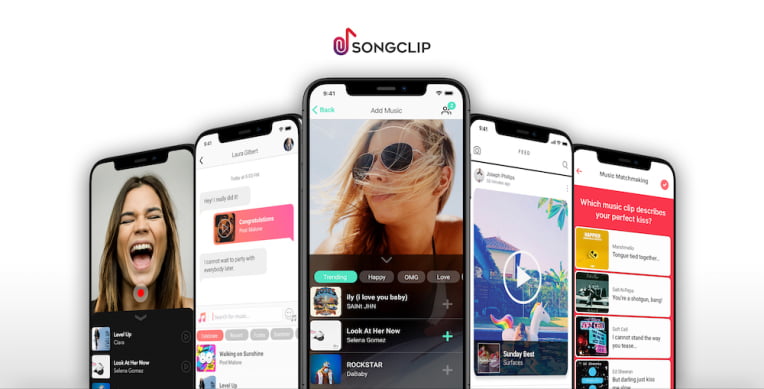
Since there are over 1.8 billion active websites today, creating a new blog that will stand out from the rest might be challenging. Given that most maintainers and developers use common templates, frameworks, and color schemes, achieving a unique and familiar design might not be as easy as others think. However, on the contrary, there are still ways to create a new website with a pleasing and identifiable interface. If you’re interested in learning these methods, please read on. In the following sections, we’ll discuss the six things you’ll need to create a unique design for your blog.
1. Create a unique logo
Table of Contents
Aside from the brand name, the logo is one of the first things that a user or visitor will see or look for when viewing a website. As such, this icon will appear on the navigation bar, browser tab as the favicon, and in the most accessible parts of the site. As a result, this became the best identifier whether one is in the right place or somewhere else.
When creating a logo, it’s best to make it reflect what content or purpose the blog will serve. Aside from appeal, it will also help suggest what to expect when visiting the site, especially for new users. Moreover, selecting different color combinations will differentiate the icon at least from the known competitors. Lastly, ensuring that the elements in the logo are legible and clear would help, given that screen sizes are not the same for all people.
2. Choose the color palette and fonts wisely
In the UI/UX field, fonts and colors are two of the primary identifiers of a brand. However, while it’s tempting to make a blog as unique as possible, sticking to a maximum of three typefaces and colors would help in consistency and familiarity.
First, one can use Figma to create concepts, low-fidelity prototypes of the site, and even a design system if necessary. By using this tool, it’s easier to visualize and plan the interface without directly fiddling with code or CMS. On the other hand, with colors, it’s best to use three variants that blend well with each other, non-distracting to content, and ensure contrast for text and other elements. Finally, using legible fonts and font consistency is advisable to avoid confusion and squinting when viewing on smaller devices.
3. Use Canva to create visual content
Since most people are visual learners, putting images, illustrations, and other visual content on blogs is not only a design choice but also a way to maximize user visits. Also, these elements can help a site differentiate itself from the rest.
Thankfully, new design tools like Canva makes it easier and possible for anyone to create quality graphics without learning the Adobe creative suite or other complex apps. In Canva, one can easily create visual content like images, graphics, posters, and infographics for free or at a premium price for more export options and features.
4. Include a call to action
Call to action (CTA) is essential in every blog or website. Without it, users might not know what to do next, or a company won’t achieve its goal of persuading users into visiting a page, checking out a deal, or buying a product.
In a blog, a call to action can appear as a button in the navigation bar, popup element, text somewhere in the site, or a link in an article. Regardless, it’s essential to make the CTA highly noticeable using bold texts, colors that stand out from the interface, optimal placement, and inviting characteristics that entice viewers to click it.
5. Investigate competitors’ designs
Investigating the competition would help in creating a unique design. While viewing other brands’ sites, one can observe and list the elements they’re using. From there, it’s possible to use the findings to select what colors, typefaces, and components to avoid, apply, and emphasize. Besides, this is also an excellent way to learn from the other sites’ mistakes and successes regarding their design.
Aside from the sites, it’s also beneficial to see their social media profiles as these outlets provide more details about their online presence, post patterns, and brand identity. Thankfully, there are countless email and reverse number lookup tools available like Spokeo. Using Spokeo’s phone number search, and email lookup tools, users could learn the competition’s social media profiles quickly.
6. Include video content
Finally, video content can further make a blog stand out from the rest. With video files, it’s easier to showcase brand explanations, stories, and even ads on or off the site. Also, this form of media is an excellent way to retain visitors for extended periods of time. Aside from these, producing well-made videos leaves an impression to users that the blog is committed to creating quality content and cares for its audience.
Create Unique Design For Your Blog
Indeed, design is an essential part of a blog or any website. With a good and unique design, a site can stand out from the competition, make users happy, and achieve goals more successfully. Moreover, after reading the items above, you’re likely more confident and excited about designing your blog now. If that’s true, then we’re glad we could help. Good luck!
Author bio
Maguire Haigh is a marketing manager for Spokeo. He is interested in the latest technology trends, marketing strategies and business development. He also prefers traveling, exploring the world and meeting new people. Maguire has great experience in creating and editing articles on different topics.






